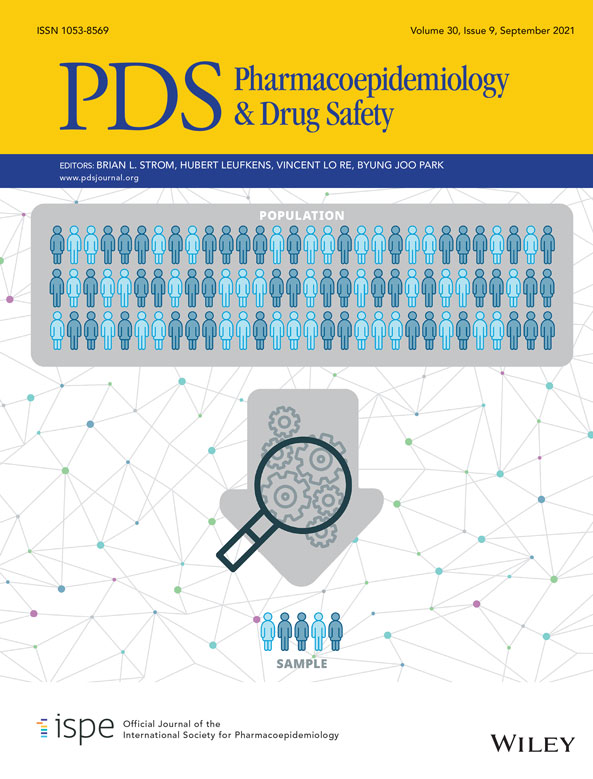Validating a novel algorithm to identify patients with autoimmune hepatitis in an administrative database
Funding information: American Association for the Study of Liver Diseases; National Institute of Diabetes and Digestive and Kidney Diseases, Grant/Award Number: K08-DK117013
Abstract
Purpose
Population-level studies on the treatment practices and comparative effectiveness of therapies in autoimmune hepatitis (AIH) are lacking due to the absence of validated methods to identify patients with AIH in large databases, such as administrative claims or electronic health records. This study ascertained the performance of International Classification of Diseases (ICD) codes for AIH, and developed and validated a novel algorithm that reliably identifies patients with AIH in health administrative data and claims.
Methods
This was a cross-sectional study of patients with ≥1 inpatient or ≥2 outpatient ICD codes for AIH between 2008 and 2019 at a single health system. In a random sample of 250 patients, definite or probable AIH was determined using the Simplified AIH score, Revised AIH score or expert adjudication. The positive predictive value (PPV) was obtained. Variations of this base algorithm were evaluated using additional criteria to increase its performance.
Results
Of the 250 patients, 143 (57.2%) patients had sufficient records available for review. The PPV of the base algorithm was 77.6% (95% CI: 69.9–84.2%). Exclusion of patients with ≥1 ICD code for primary biliary cholangitis or primary sclerosing cholangitis yielded a PPV of 89.7% (95% CI: 82.8–94.6%). Further exclusion of patients with recent immune checkpoint inhibitor therapy increased the PPV to 92.9% (95% CI: 86.5–96.9%).
Conclusions
The use of ICD codes for AIH alone are insufficient to reliably identify patients with AIH in health administrative data and claims. Our proposed algorithm that includes additional diagnostic and medication-related coding criteria demonstrates excellent performance.
CONFLICT OF INTEREST
The authors declare there is no conflict of interest.
Open Research
DATA AVAILABILITY STATEMENT
The data that support the findings of this study are available on request from the corresponding author. The data are not publicly available due to privacy or ethical restrictions.




